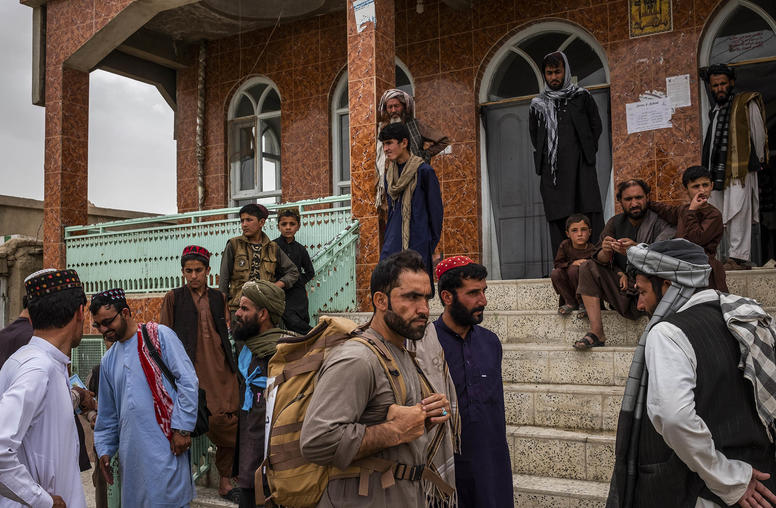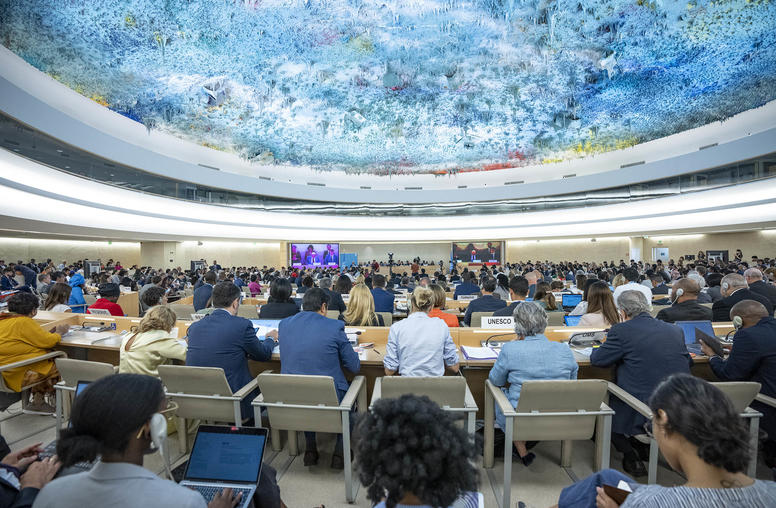Knox Thames
Contact
Please submit all media inquiries to interviews@usip.org or call 202.429.3869.
For all other inquiries, please call 202.457.1700
Knox Thames is a senior visiting expert with the religion and inclusive societies team at USIP.
Thames joined USIP in 2020 after two decades government service, including at the State Department and two different U.S. government foreign policy commissions.
Thames has deep experience regarding South and Central Asia, the Middle East, Europe, and U.S. foreign policy relating to human rights. Serving several presidential administrations, he has worked at the intersection of global affairs, religion and human rights. Thames was appointed by both the Obama and Trump administrations as the special advisor for religious minorities in the Near East and South and Central Asia at the U.S. Department of State. The first to serve in this capacity, he received a civil service appointment in September 2015 to lead State Department efforts to address the situation of religious minorities in these regions.
Thames previously served on the U.S. Commission on Security and Cooperation in Europe — also known as the Helsinki Commission — as well as with the U.S. Commission for International Religious Freedom, AmeriCorps and the U.S. Army War College as an adjunct research professor. In addition to USIP, he is currently a senior fellow at Pepperdine University, with both positions made possible thanks to the Templeton Religion Trust.
He has spoken before the U.S. Congress, the United Nations, European Parliament, the Organization of American States, the Organization for Security and Cooperation in Europe, the Atlantic Council, Wilton Park, U.S. military war colleges, and the Foreign Service Institute.
Reflecting his expertise on religion and global affairs, his articles have appeared in the Washington Post, USA Today, TIME, the Times of London, the Yale Journal of International Affairs, the Small Wars Journal, the Georgetown Journal for International Affairs, and others. He was the initiator and lead author of “International Religious Freedom Advocacy: A Guide to Organizations, Law and NGOs” published by Baylor University Press. In addition, his new book, "Ending Persecution," will be released in 2024 by University of Notre Dame Press.
Thames received a bachelor’s from Georgetown College, a law degree from American University's Washington College of Law, and a master's in international affairs from the School of International Service at American University. In addition, he studied at Jagiellonian University in Kraków, Poland.



